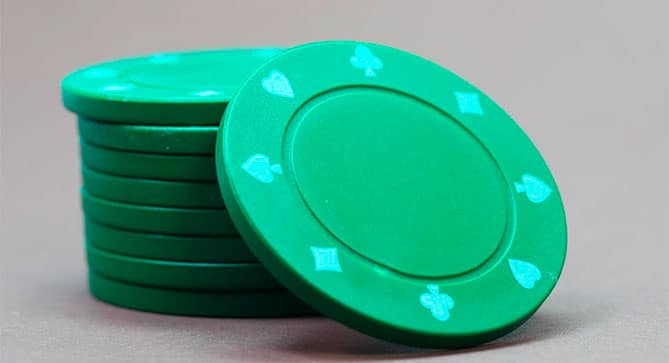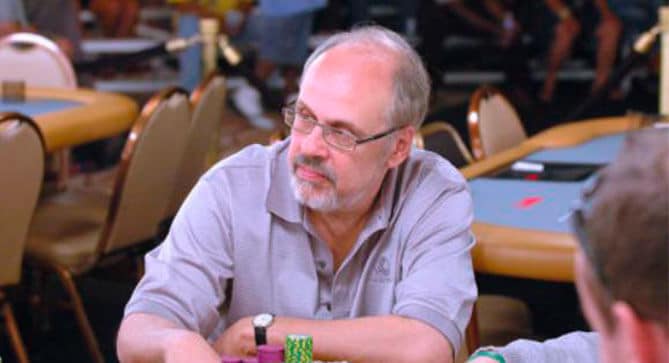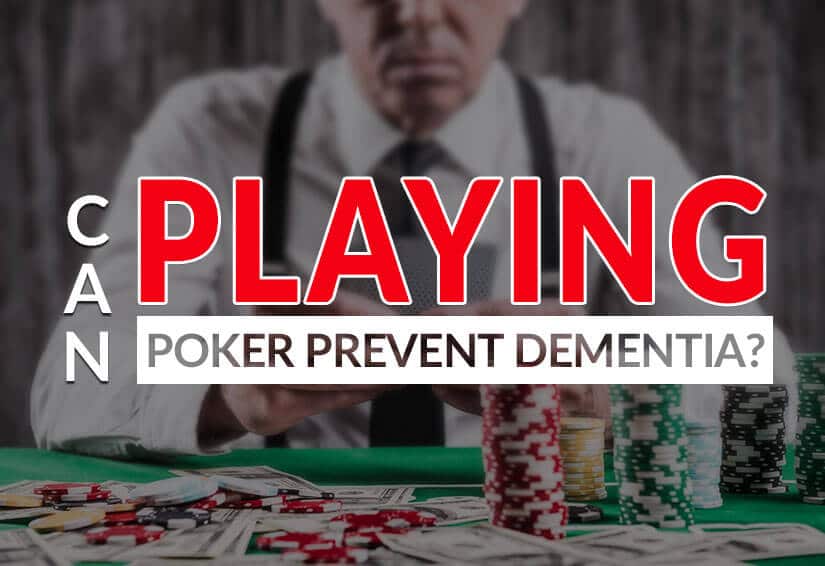The mind is a curious thing. Man is the only life form on Earth whose evolution has taken the species from a primitive existence to the summits of cognitive abilities and reasoning. Yet, our minds are a fragile thing prone to misfires and breaking down unexpectedly. From Alzheimer’s to milder forms of dementia, the traps that our brains are susceptible to are many and dangerous. Then again, activities as “simple” as playing poker, solving crossroad puzzles, and physical exercise can help overcome early symptoms, delay their onset, or even prevent degenerative brain diseases. Science is now scrambling on its feet to establish with a certainty why this is the case.
Exercising the Brain through Gaming to Prevent Dementia
Science has agreed that gaming can have immense effects on keeping your brain healthy. The activities that you can undertake to that end are many and varied, and you probably didn’t expect something as simple as listening to the radio to have its cognitive-improving effects, but it does. Now, the focus is shifting on poker as well.

Playing poker, while not necessarily cited as a definitive dementia-fighting activity, bears the traits of activities such as taking a course, learning new language, and even playing board games. Three activities that are often cited as part of a mentally active lifestyle.
Poker further smacks of solving puzzles and doing Sudoku, plus the game requires great mental acumen that allows you to crunch numbers, come up with the right odds in seconds and make decisions based on scarcity of data. While you won’t see a dedicated research paper arguing that poker is the ultimate way to prevent dementia, the game bears all the traits of a mind-stimulating activity. More research is needed, of course, and some have been calling for it already.
David Sklansky on Encouraging Poker Research
David Sklansky, a poker expert, has been dancing around the idea of conducting a scientific research into the positive effects of poker on the mind for years now. While his ideas have been driven by strong determination, Sklansky has been stopped by the fact that not nearly enough poker players who are seniors exist today to draw conclusive data.

On the flipside, funding a research that proves that poker serves as an ultimate way to delay or prevent dementia and Alzheimer’s could be what gives the game its much-needed jolt to make it through legislative challenges around places like the U.S. where the majority of the states’ lawmakers haven’t given their approval of the game becoming a legal form of entertainment, as they believe it’s an activity that depends on luck rather than skill.
A Great Brain Teaser, But Is It Good for You?
So far, it has been established that poker has all the making of a brain teaser that will keep your brain all lit up and аctive. However, at what point this powerful mental stimulant becomes too much on the individual? Professional players undergo a lot of stress when the stakes are high, and in the words of Ben Wilinofsky, a poker professional himself, there is barely a player who doesn’t go gray in their 30s.
Studying Wilinofsky case, we can see that poker players are naturally curious, and they seek to expand both the challenges they face and the prospects of a big win. Wilinofsky started with chess as a kid and then progressed to another card game, Magic: The Gathering, before he became a poke professional.
Interestingly, Daniel Negreanu, another big name in poker, also dabbled in various mind-stimulating activities, including Blizzard’s online card game “Hearthstone” which he took fondly to back in 2015/2016.
Apparently, poker professionals who make it to the top are led by their desire to conquer new summits. Hence, players who win the most are usually driven by a natural curiosity rather than cupidity. Even, then though, the risk of losing one’s fortune is pretty substantial, which may necessitate a proper assessment of the game and up to what point poker is helpful.
Speaking of brain teasers, you are probably wondering: does playing poker make you smarter? The short answer is yes. It’s a smart skill that you can leverage well beyond poker. For example, Wall Street brokers and hedge fund managers who play poker do reportedly better in their day-to-day activities. Understandably, there are different types of “smart”, but the simple answer is that for any activity that requires numbers and important decision-making, poker seems to be the right sort of warm-up.
Dr. Stephen Simpson, the Man Who’s Helped Shape the Pros
There is perhaps no better man who can explain both the downsides and upsides of poker than Dr. Stephen Simpson, a renowned psychologist who has helped several poker professionals, to name Igor Kurganov and Liv Boeree.

Simpson has been successful at helping the professionals introduce activities that help them wind down from the stress of the game. In one interview, he explained how developing a deep understanding of poker leads to myelination which strengthens nerve cells and create new connections in the brain, which by extent can help stave off unwanted illnesses such as dementia and Alzheimer’s.
Reinforcing the brain is the surest way to avoid sliding into mental illnesses as we age, but this should be accompanied with a stress-free environment. Playing poker competitive should be taken with a pinch of salt in the sense that the game invites a lot of uncertainty and that players need to develop skills that allow them to stay composed and overcome the despair of a sudden, unexpected loss.
So, Is Poker Good for the Brain?
For all intents and purposes, poker is a game that stimulates the brain and can help reinforce mental health like no other activity. The game combines multiple cognitive skills that require a great deal of awareness, an ability to decide quickly and a training that allows you to calculate probabilities very quickly. All of this guarantees that your brain will stay active and that new connections will emerge in your brain, thus making it difficult for degenerative brain diseases to get a hold of you.
On the flipside, however, we must acknowledge that when you play with real money, the stress that poker invites can also be quite overwhelming to the new player. The question then is how to take the good from the game and make sure that poker is used as a preventative measure to a number of mental illnesses without exposing players to stressful situations. For its many benefits, poker continues to be quite the challenging card game.
-
Tags:







